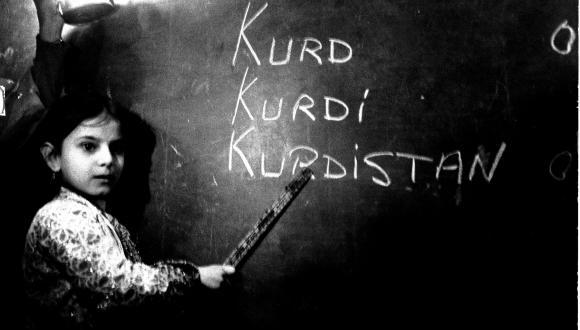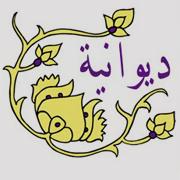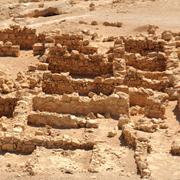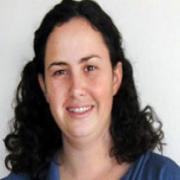Diwaniyya podcast on Kurdish identity
TAU's monthly podcast about Middle Eastern culture, history and politics from the Moshe Dayan Center for Middle Eastern and African Studies
About the Diwaniyya Podcast
Launched in 2011, Diwaniyya is the monthly podcast of the Moshe Dayan Center for Middle Eastern and African Studies at Tel Aviv University — one of the leading research hubs in the world.
Diwaniyya, the Arabic word for "informal council," connotes open discussion and a meeting of the minds. The podcast offers a wider view of a multifaceted Middle East through thought-provoking conversations on varied issues in the region.
In addition to the podcast, the Diwaniyya blog features reading lists, videos, music, photos, guests' bios, and more. The blog also acts as a forum for the exchange of ideas and as a place for feedback and comments.
About the April 2014 podcast: Kurdish identity
Kurdish people may be found in portions of Turkey, Iran, Iraq, and Syria. The often speak Kurmanji, Sorani, or other dialects of the Kurdish language, though these dialects are generally not considered mutually intelligible. Most Kurds practice Islam, though there are Jewish and Christian Kurds. What then, unites Kurds to the extent that they may be called a people? What aspects of identity have Kurdish groups in Turkey and Iraq mobilized in decades-long campaigns for autonomy, independence, and recognition?
Diwaniyya spoke previously with Kamal Sido of the Society for Threatened Peoples about the Kurdish groups in northern Syria, who have become key players in the ongoing Syrian civil strife. Ceng Sagnic, a Kurdish language instructor at Tel Aviv University, discusses the different aspects in this edition of Diwaniyya.
Credits
Producer, Editor: Ben Silsbee
Executive Producer: Shoshi Shmuluvitz






